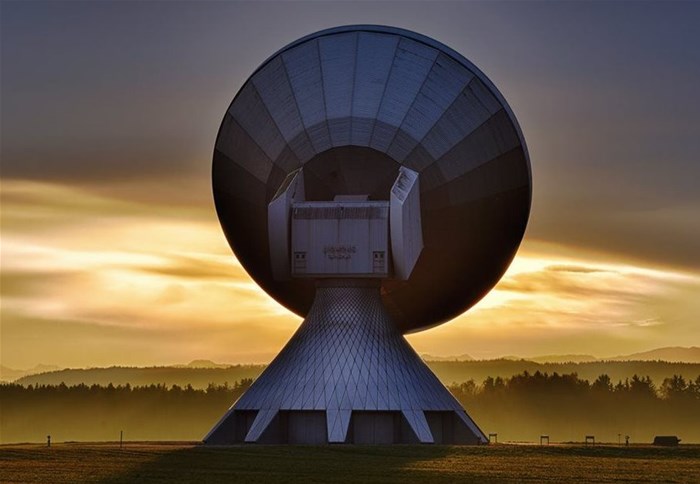Aim for the stars with satellite technology

Large portions of the population are not able to make use of the fibre networks that have been laid through cities and suburbs. There is no other way to say it: the cost of high-speed fibre is prohibitive for large segments of the population. There’s little consolation having fibre lines nearby but no means to afford access to them.
What about rural areas? It simply hasn’t made business sense for a fibre provider to dig up pavements in remote, rural towns and villages. Imagine, for a second, the cost outlay and the minimal investment return of running trenches through the Karoo to a small town or village. It won’t happen any time soon.
Those that do pay for the service have to face another, all-too-real and regular issue: broken cables under the sea. Internet service providers (ISPs) in the country are at the mercy of the undersea cables that bring fibre connectivity to these shores.
Unreliable connectivity
The West African Cable System (WACS) broke just after South Africa went into lockdown. The frustration and anger were palpable. It was the second time in mere months. The country, thrust into lockdown trying to make the best of keeping at least portions of the economy alive digitally, lost decent broadband internet access. ISPs had to reroute traffic via the cable system that stretches down the east coast of the continent.
When a cable under the sea breaks, it’s not just a “broken cable” that needs to be repaired, the knock-on effects are huge. In times where small businesses are trying to secure revenue, it could be catastrophic. And yet, consumers simply have to accept SMS apologies and the shifting of the blame.
There is no doubt that reliable access to the internet - for everyone, even those in the most remote, rural areas - will give South Africans the step up they require in order to become connected with each other and the rest of the world. South Africa's potential requires reliable broadband connectivity for everyone.
Technology exists that can enable this. Satellite broadband offers the potential for broadband back-up as well as a primary internet connection. Satellite broadband technology provides a more stable connectivity link that is not influenced by factors such as line breakage or other terrestrial impacts.
Connectivity alternatives
Where there is satellite broadband connectivity in other nations, it acts as a backup for the inevitable break or interruption in fibre-based connections. Just imagine South Africa had this backup in place in 2020 alone? While fibre boasts impressive speed, it is the reliability and dispersal of connectivity, enabling far-reaching availability that counts in the favour of the satellite.
But beyond backup, satellite broadband is a very compelling solution for far-flung places. Think about the financial impact of laying fibre in the most far-flung regions of the country. The Kalahari or karoo would require immense financial investment to do this, and that far outweighs the number of customers in the region.
What do the Kalahari and Karoo have in abundance? Beautiful skies. Wherever you can see the sky, you can have satellite broadband internet. Once the satellite is in the sky and infrastructure is in place, a base station is built and it becomes plug-and-play.
South Africa has the opportunity to lead the continent here, to regain positive momentum lost due to economic reversal and a breakdown in reputation and public trust during the past decade. The country needs to do this as it fights its way out of the Covid-19 pandemic and the humanitarian and economic fallout it is causing.
Turning this tide requires willpower and it will unleash the immense potential of this great country. The next step is making sure there is an investment in the type of infrastructure that has the potential to connect millions of people.
We at MzansiSat are currently working with various investors and stakeholders to make the widespread connection of South Africa a reality. We aim to launch our satellite in the near future.
It requires everyone working together in the best interests of the country and the continent. The technology exists to solve so many problems. The time has come to use it.



























